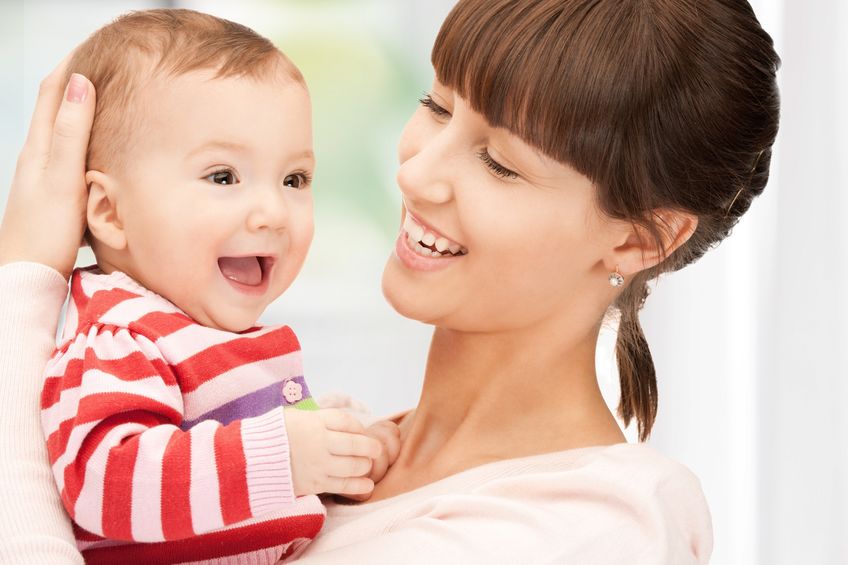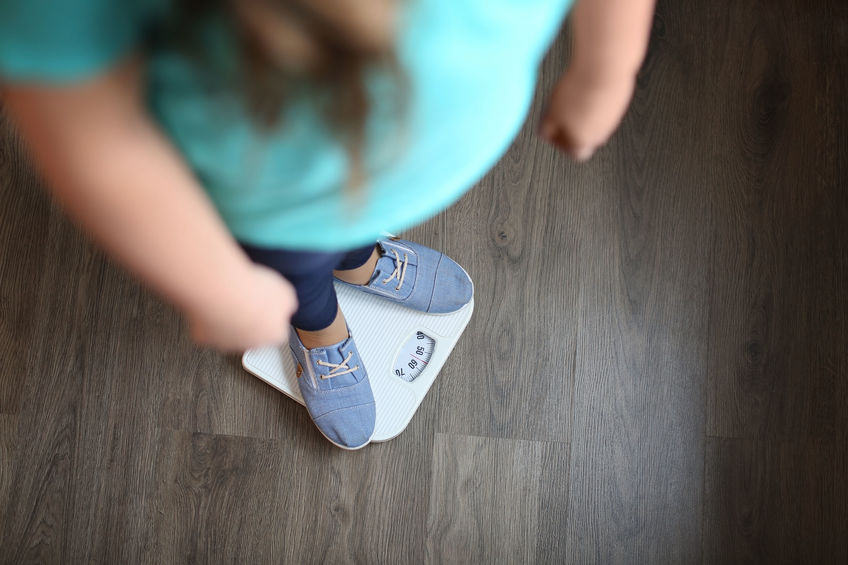By John Salak –
It probably comes as little surprise to most parents, but babies love attention and human connection—especially when they come from mommy or daddy. Researchers in the US, Sweden and Japan are now backing up this assumption with data that shows infants receive tangible emotional and intellectual benefits when they connect to people.
Lund University in Sweden, for example, discovered that infants recognize when adults—any adult—imitate them. These infants also perceived the imitators as more friendly and more apt to engage with these adults.
This study involved researchers visiting 6-month-old babies in their homes and interacting or playing with these children in four different ways, including mirroring whatever the baby did.
Lund found that infants connected with adults more deeply when their actions were mirrored, looking and smiling longer at adults after this type of engagement than others. Babies also seemed more interested in approaching and interacting with adults who mirrored their behavior.
“Imitating young infants seems to be an effective way to catch their interest and bond with them. The mothers were quite surprised to see their infants joyfully engaging in imitation games with a stranger, but also impressed by the infants’ behaviors,” noted Gabriela-Alina Sauciuc, the main author of the study.
Child behaviorists have long suspected that babies learn cultural norms and interactional routines through being mimicked or via shared actions that are accompanied by shared feelings and intentions. But Lund researchers pointed out that the empirical evidence to back up these assumptions was largely missing.
“By showing that 6-month-old infants recognize when they are being imitated, and that imitation has a positive effect on interaction, we begin to fill up this gap. We still have to find out when exactly imitation begins to have such effects, and what role imitation recognition actually plays for babies,” Sauciuc concludes.
Two separate studies out of Ohio State University provided even more insights on the power of personal connections for infants, specifically in terms of hearing songs and receiving hugs. Infants, for example, have always learned to speak by mimicking words they hear whether they come through videos, records or people simply speaking to them. Ohio State researchers have discovered that the verbal development of young children just over a year old can also be influenced by music.
Music and babies have always had a connection, but this recent research found that young children often mimic the words they’ve heard in songs hours after the fact, often when they are playing by themselves.
The study focused on following young children individually for an entire day to see when and how they responded to music and songs and if there was any attempt to recreate them.
“We know that throughout the first year of life babies become sophisticated music listeners–they learn a lot about the patterns of pitches and rhythms in music,” explained Lucia Benetti, a doctoral student and lead author of the study. “And infants become better at doing this spontaneously. But we don’t know much about how exactly this happens.”
What they discovered was that in certain cases the child was trying to sing along to songs he had heard hours earlier, which shows that it is possible for babies to learn melodies and words from the music they hear around them. Ohio State’s research also showed why it is important for parents to engage with their children through music.
“The social aspect of music is important—if a baby sees their mother singing, they know she’s engaging with that song, that she’s enjoying it, and they know it must be important,” Benetti said. “I think that social context is important. It’s engaging and it’s socially relevant, and for them, that’s enough.”
Music and mimicking aren’t the only things important to infants and young children. In another study, Toho University in Japan found that hugs from parents have a discernible calming impact on infants and adults alike.
Toho reported that infants as young as four-month-old demonstrated a reduced or slowing heart rate after hugs from their parents compared to others. The university’s researchers report these finds offer some of the first evidence that hugs play an important role in early bonding between parents and their children.
“Like most parents, we love to hug our children,” reported Sachine Yoshida, the report’s first author. “We also know that children love to be hugged by their parents. But what surprised us as scientists is how little we know about hugging.”
In order to gain the deeper insights needed, the Toho research team examined the heart rates of infants less than one year during a hold, a hug, and a tight hug—both from a parent and a female stranger.
“The infants older than four months old showed a high increase ratio of heartbeat intervals during hugging by their parents than by female strangers,” Yoshida said. “Parents also showed a high increase ratio of heartbeats intervals by hugging their infants. We found that both infants and parents come to relax by hugging.”
What surprised researchers most was that the calming effects were only detected in infants who were neither crying nor fussy.
“Your baby loves to be hugged and loves how you hug your baby,” Yoshida summarized. “Even though infants cannot speak, they recognize their parents through various parenting methods, including hugging, after four months old at the latest.”
The end result of these studies indicates the music, mimicking and hugs help make for healthy, happy and engaged babies.












